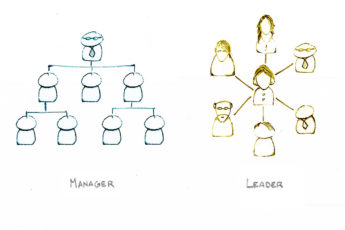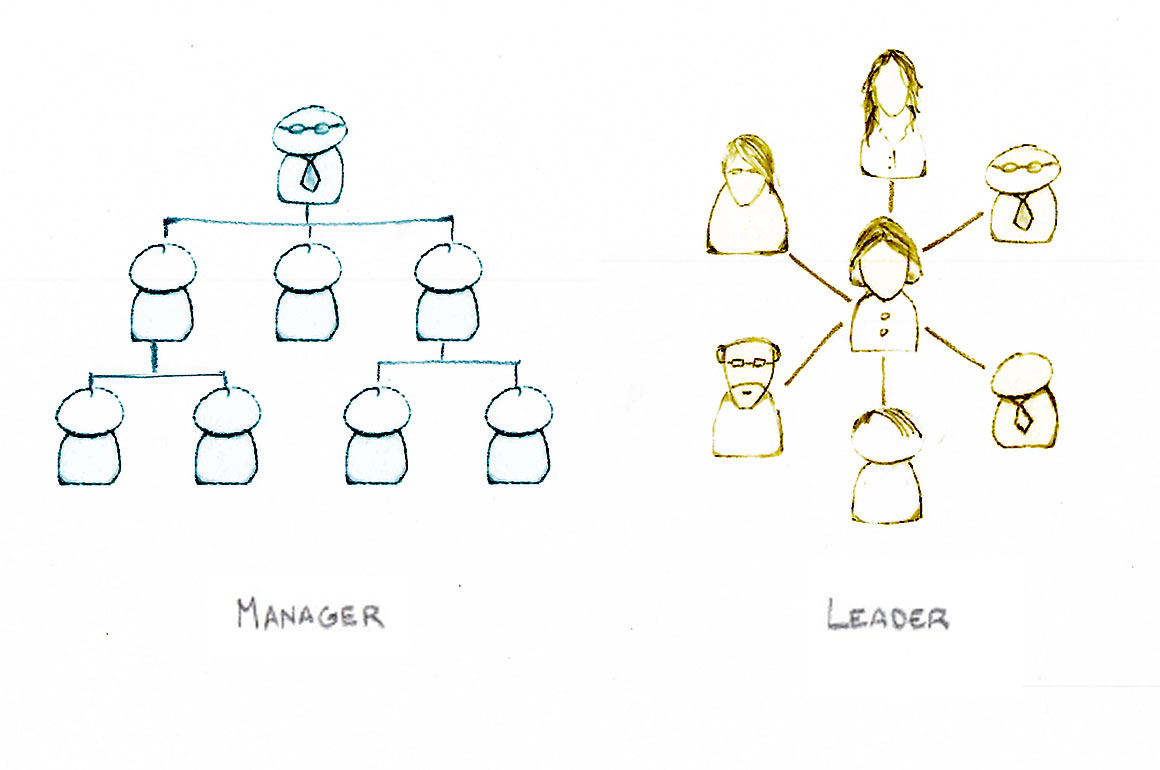What does it mean to speak truth to power?

Q: What does it mean to "speak truth to power"?
A:
We have all been there. The senior leader is receiving an update on a key initiative. The language on the slides presents all the great progress the team has made. It highlights the people involved and how herculean their effort has been. There is even one slide highlighting the current issues and risks. The meeting is over, and the management team gets away with murder—the project is extremely fragile because those risks are reality and mitigation is a gamble.
Great executives know a geisha dance when they see one. The problem is that senior leaders are busy and must trust that the leaders below them are acting in their interest. That if there were a problem, instead of hiding it, their people would address it or ask for help.
Why do people hide the truth?
Fear. People are worried that failure is unacceptable. Depending on the Company’s culture and more importantly the climate created by the local leadership team, the consequences may be harsh. Failure often means the Company is impacted and if the Company is impacted then the organization’s bonus pool is impacted, which means the leaders and the team are taking home less money. Moreover, if you are someone that is always around trouble, you make a great candidate to dismiss. The stakes are high and because of that, corporate types learn how to effectively message the good, bad and ugly. They are almost never lying. Instead, the facts are editorialized for effective consumption.
Speaking truth to power
The ancient Greeks had a figure of speech, parrhesia, which means “to speak candidly or to ask forgiveness for so speaking”.
When we hear advice like, “don’t be afraid to speak truth to power” we learn that there can be grave consequences. Consider Martin Luther King Jr., who is by all accounts one of the most formative and eloquent truth speakers in the civil rights movement, leading massive culture change for the good of all people and he died for it. Speaking truth to power takes courage, conviction and it saves companies and changes lives every day (#MeToo movement).
Leaders speak truth to power
Next steps: Actions that change everything
- Speak up the next time you disagree with your leadership team. This doesn’t mean be argumentative (something newer insecure leaders do). Instead, consider your leadership team’s point of view and present an alternative that addresses the concerns from your perspective. At the very least, you will begin to create a relationship with them they can count on.
- Witness your peers speaking truth to power and support them. Remember, the act of speaking a truth despite the fear of potential ramifications is hard. When you witness your peer, you do not have to agree, but you need to support what they are trying to do. This establishes a safe context from which real conversations can happen. You never know, witnessing alone may have you consider an alternative point of view.
Three tools for all leaders
We use affiliate links on this site. We make a bit of money when you click on those links. It costs you nothing and helps us spread the word.








Leave a Comment